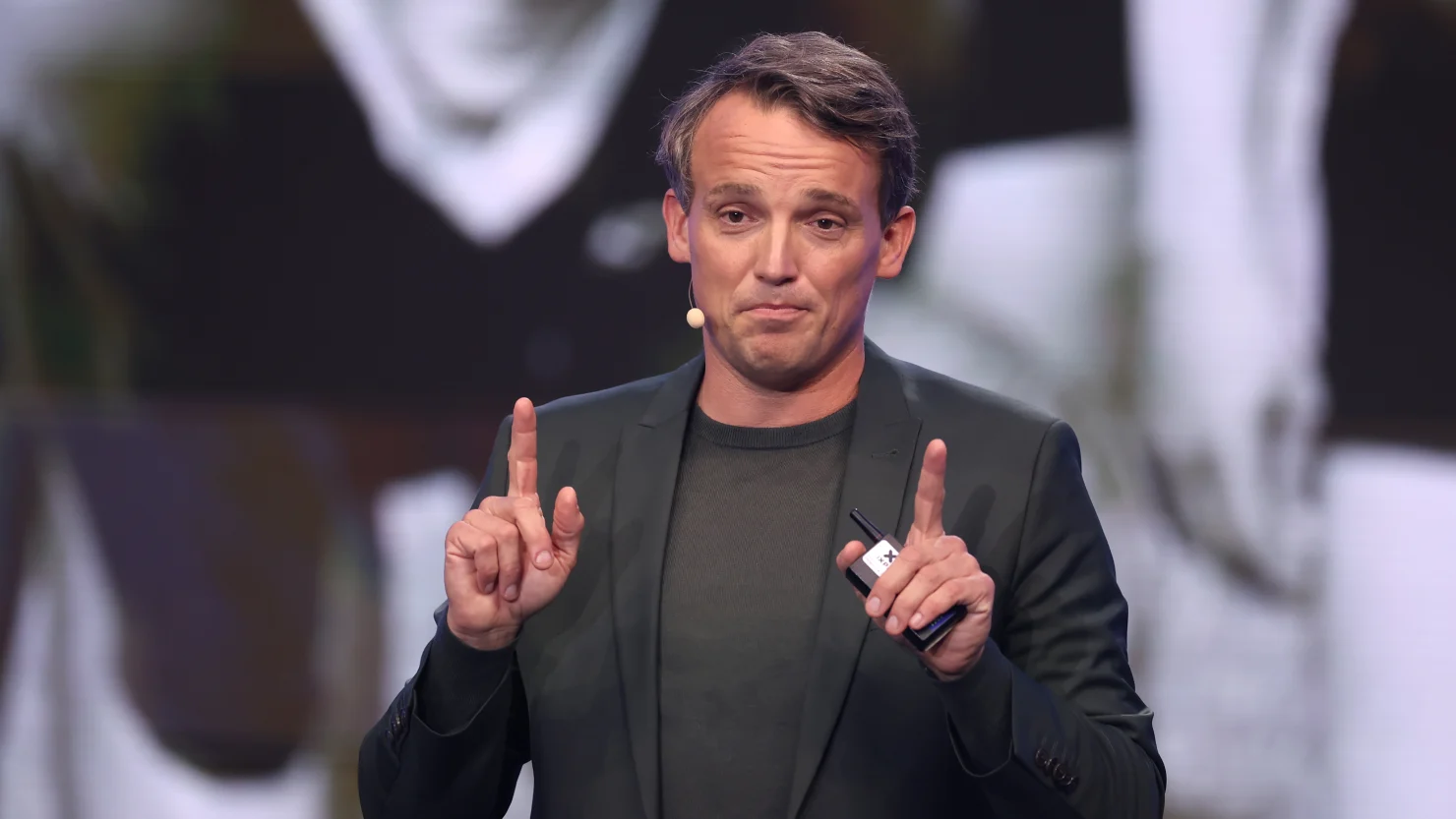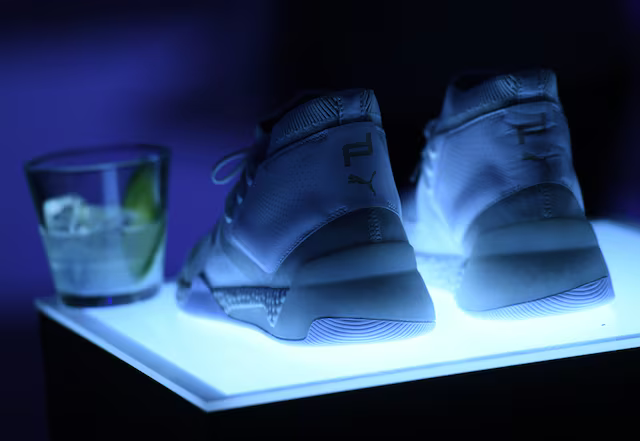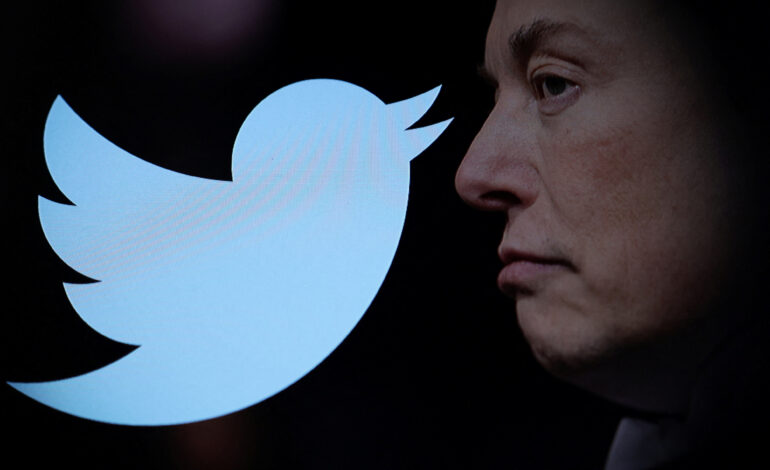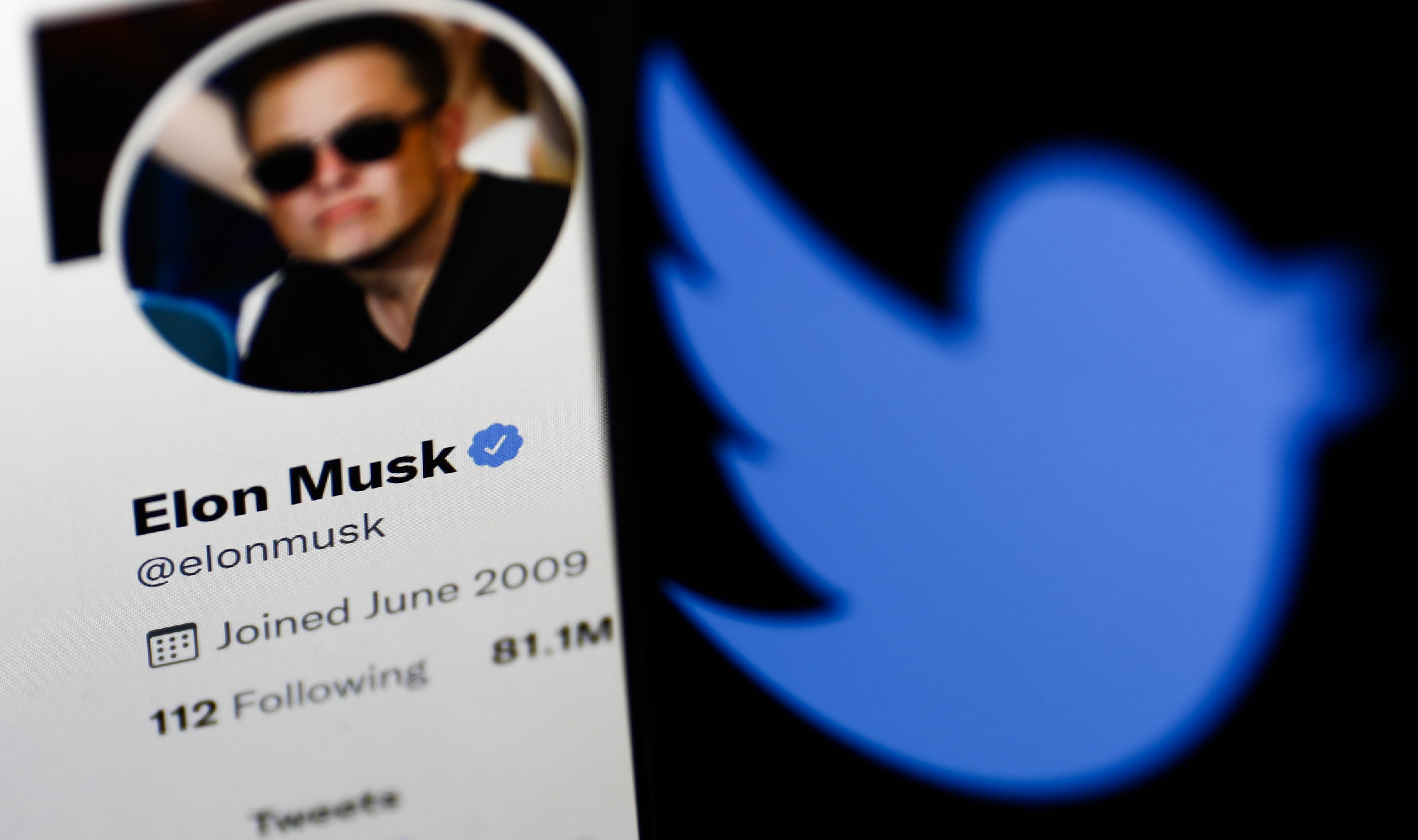Elon Musk, CEO of Tesla and SpaceX and the richest man in the world with a fortune of $267 billion, completed his purchase late Thursday of the online news site and social network Twitter for $44 billion.

Musk, CEO of Tesla, SpaceX and the richest man in the world, completes the purchase of Twitter and fires former top managers.
The acquisition of the influential social media platform put an end to months of litigation between Musk and Twitter management. Musk initially said he would buy Twitter in April, then backed out of the deal, saying Twitter had understated the number of spam and fake accounts on its platform, which Twitter executives denied.
But Musk’s ownership also raises questions about how Musk will change Twitter – and whether he will allow former President Donald Trump, banned after the January 6 riots in the Capitol, to return to the social network.
Twitter became a private company after the purchase, and the New York Stock Exchange suspended stock trading on October 28.
Musk fired at least four Twitter executives on Thursday, the New York Times and other news sources reported.
Among the dismissed managers:
• Parag Agrawal, CEO
• Ned Segal, Chief Financial Officer
• Vijaya Gadde, Head of Legal Policy Department
• Sean Edgett, General Counsel
The purchase brought renewed attention to the wealth and influence of individuals and corporations. It also intensified the debate about freedom of speech on social media, as Musk claimed that Twitter censors its users by moderating online content.
Let’s investigate the details of the Musk’s deal with Twitter:
Musk’s acquisition of Twitter began on April 4, when Max became the largest shareholder of Twitter, buying 73,486,938 shares, which was 9.2% of the passive stake in the company.
A passive shareholder is someone who does not participate in attempts to change the company. Musk’s Securities and Exchange Commission form was later changed, making him an active shareholder.
• April 13: Musk says he will buy Twitter for $43 billion and make the company private.
• April 15: Twitter tries to block the takeover with a “poison pill” – the threat of flooding the market with new shares that will reduce the value of those owned by Musk.
• April 21: Musk says he has $46.5 billion in a deal with Twitter.
• April 24: Musk offers $44 billion for Twitter.
• •April 25: Twitter’s 11-member board of Directors approves Musk’s $44 billion bid.
• May 8: In text messages, Musk asks Morgan Stanley to “slow down for just a few days,” the New York Times reports.
• May 13: Musk says the deal is temporarily suspended. It requests information about spam on Twitter or fake accounts.
• May 16: Twitter CEO Agrawal tweets a response to Musk.
• July 8: Musk says he wants to terminate the deal with Twitter. He says the company has made false claims about the number of bots on its website.
• July 12: Twitter sues Musk. A later trial is scheduled for October 17.
• July 20: Musk sues Twitter.
• August 23: The Washington Post reports that Twitter’s former security chief has filed a complaint against whistleblowers, claiming that users have security problems.
• September 13: Twitter shareholders vote in favor of Musk’s $44 billion offer.
• October 3: Musk says he will buy Twitter if the company drops its lawsuit against him.
• October 6: A judge in Delaware adjourns the lawsuit and gives Musk until October 28 to close the purchase deal.
• October 27: The purchase of Twitter is completed.
________
Мain sources: USA TODAY Network reporting and research; Associated Press; Yahoo Finance https://www.usatoday.com/in-depth/graphics/2022/04/27/elon-musk-twitter-takeover-bid/7451214001/









